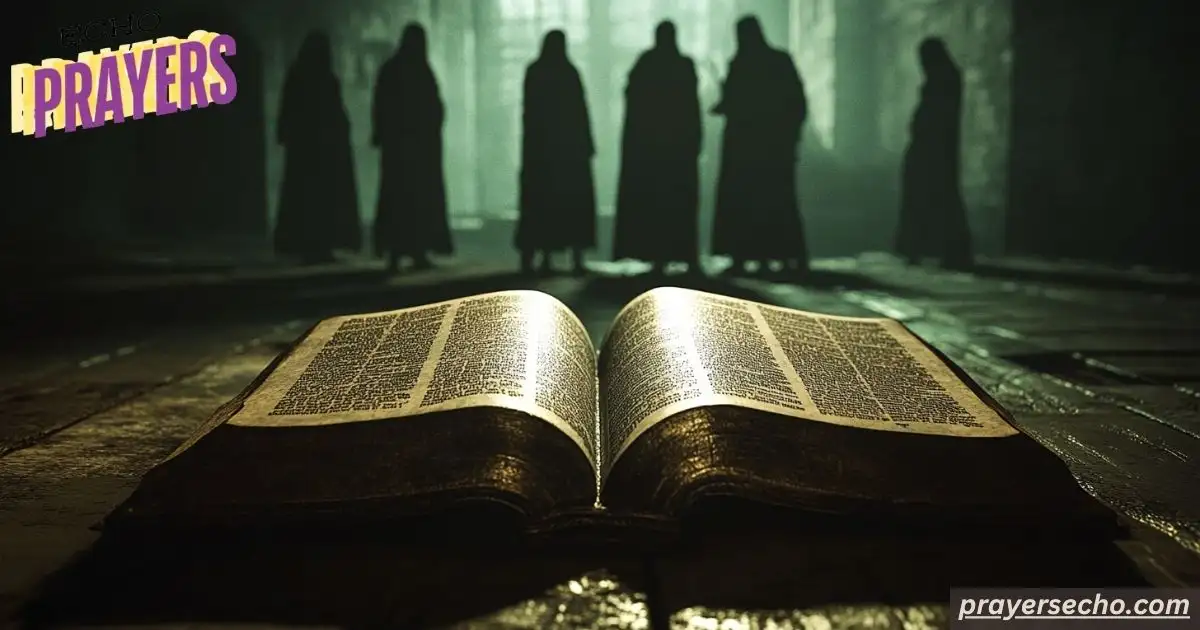“What do disturbing Bible verses reveal about the nature of God, humanity, and faith?”
The Bible, revered as a sacred text by millions, contains profound wisdom, moral teachings, and spiritual guidance.
However, some verses present challenges, raising difficult questions about justice, morality, and the character of God.
Many passages are troubling because of their violent or harsh nature, leading to debates about their meaning and relevance today.
In this post, we will delve into ten disturbing Bible verses, exploring their contexts, and examining why they remain controversial. From divine commands of destruction to harsh punishments, these verses challenge modern sensibilities.
1. God’s Command to Destroy Nations
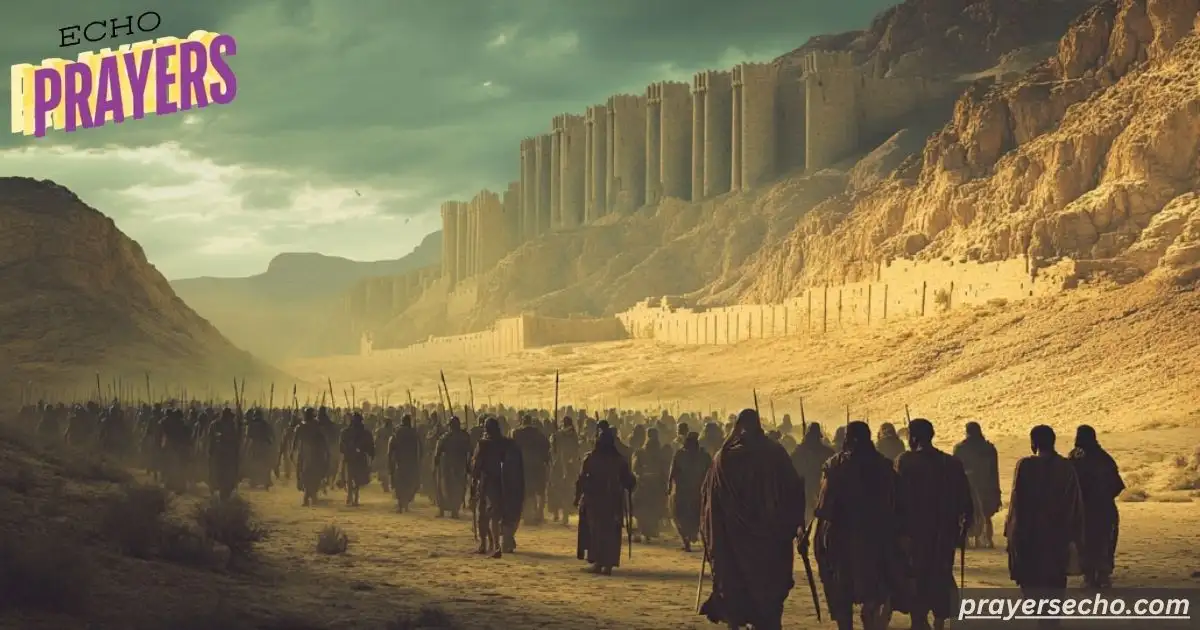
Verse: Deuteronomy 20:16-17
“However, in the cities of the nations the Lord your God is giving you as an inheritance, do not leave alive anything that breathes. Completely destroy them…”
This verse is part of God’s instructions to the Israelites as they prepare to enter the Promised Land. It commands the Israelites to completely annihilate the inhabitants of certain nations, sparing no one.
This violent directive raises questions about divine justice and the morality of collective punishment. Critics of this verse struggle to reconcile such harshness with a God who is often described as merciful and loving.
2. The Punishment for Rebellion
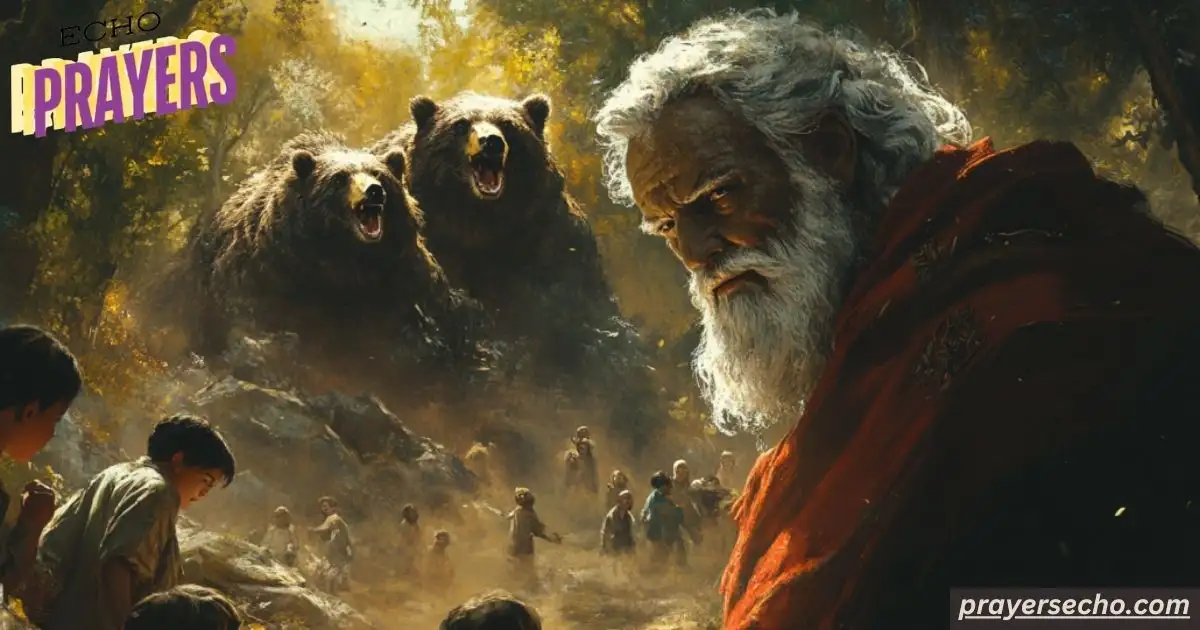
Verse: 2 Kings 2:23-24
“From there Elisha went up to Bethel. As he was walking along the road, some boys came out of the town and jeered at him. ‘Get out of here, badly!’ they said. ‘Get out of here, badly!’ He turned around, looked at them and called down a curse on them in the name of the Lord. Then two bears came out of the forest and mauled forty-two of the boys.”
In this story, the prophet Elisha is mocked by a group of boys, and as a result, he calls down a curse upon them. This leads to two bears mauling the boys.
Many readers find this punishment disproportionate to the offense, as it involves the death of children.
This passage sparks discussions about the severity of God’s judgments and the role of prophets in administering divine discipline.
Healing Bible Verses for the Sick Comfort in Scripture
3. God’s Instructions to Slaughter Infants
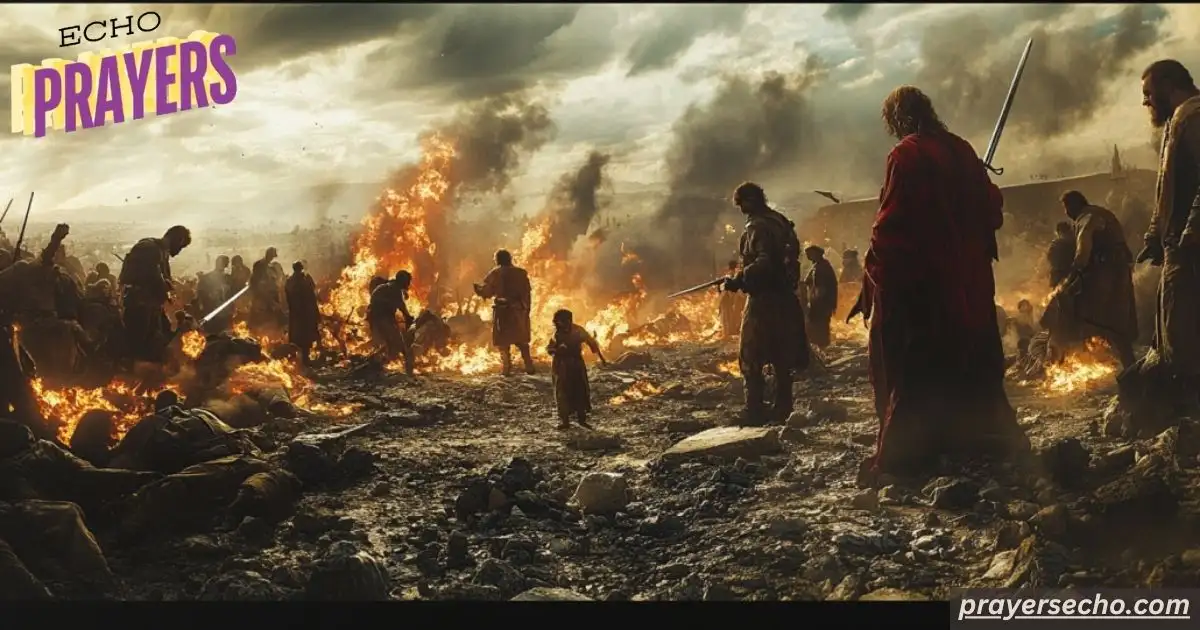
Verse: Hosea 13:16
“Samaria shall bear her guilt, because she has rebelled against her God; they shall fall by the sword; their little ones shall be dashed in pieces, and their pregnant women ripped open.”
This verse is a prophetic condemnation of Samaria, the capital of Israel, for its idolatry and rebellion.
It predicts extreme violence and suffering, including the slaughter of infants and pregnant women. For modern readers, this verse is particularly disturbing as it paints a horrific picture of vengeance and the suffering of innocents.
It challenges our understanding of divine justice and the consequences of sin.
4. God’s Command to Kill the Amalekites
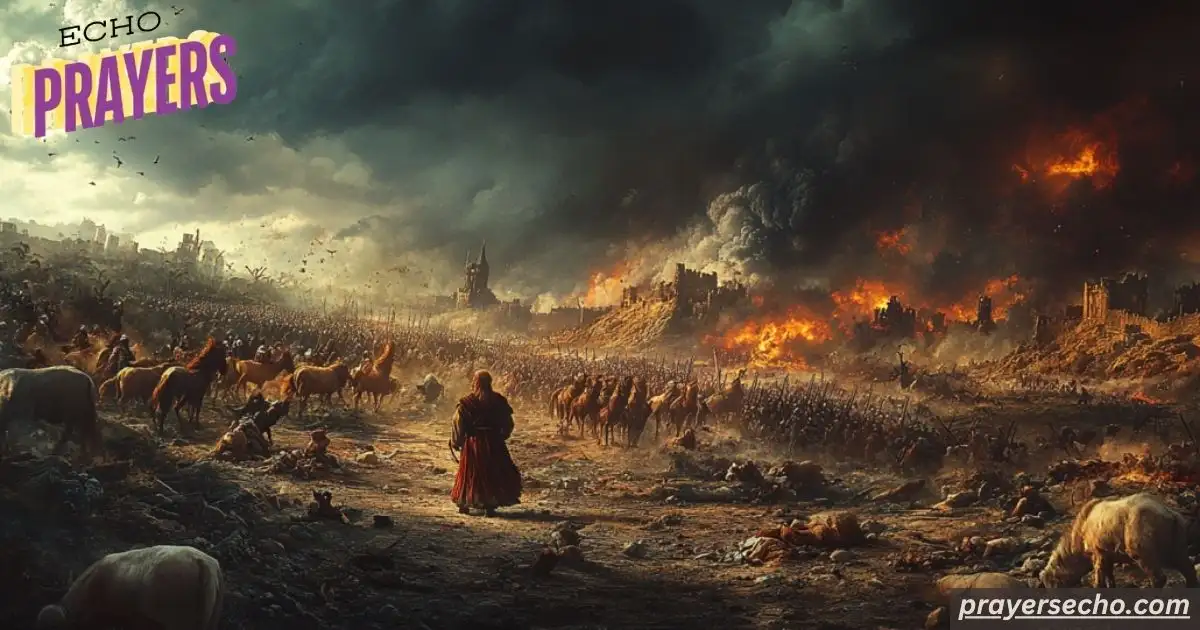
Verse: 1 Samuel 15:3
“Now go, attack the Amalekites and totally destroy all that belongs to them. Do not spare them; put to death human beings, children and infants, cattle and sheep, camels and donkeys.”
In this command, God orders Saul, the king of Israel, to wipe out the Amalekites, a people who had attacked Israel in the past.
This total destruction includes men, women, children, and animals. It’s a powerful example of divine judgment, but it raises concerns about the ethics of collective punishment and the morality of killing innocents.
5. Jesus’ Words About Division
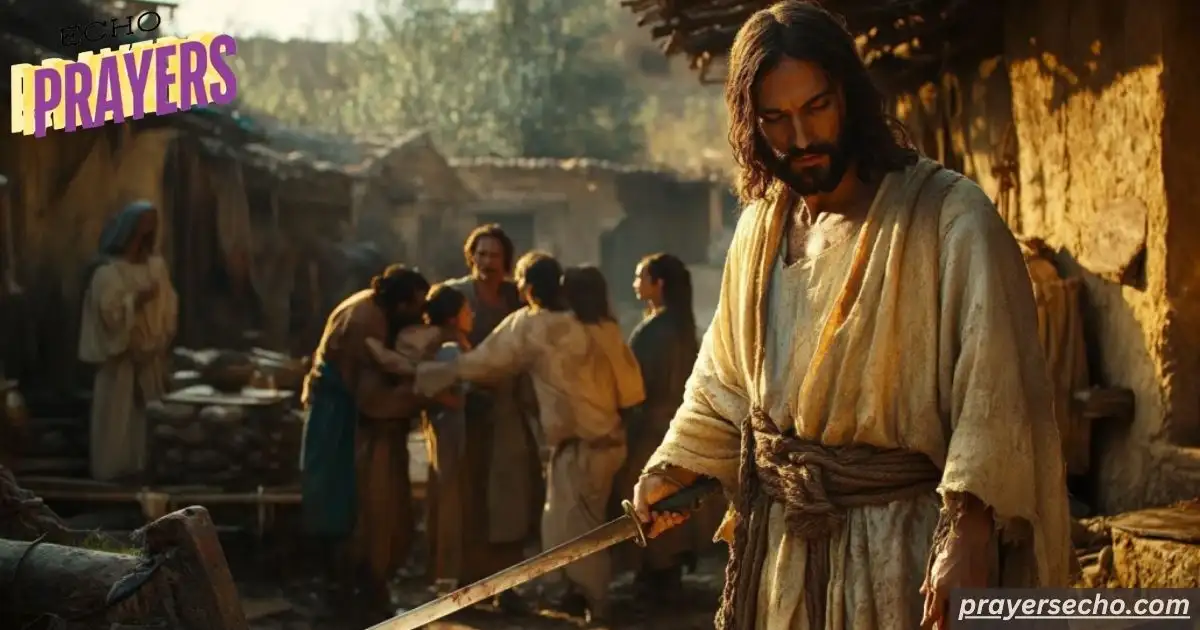
Verse: Matthew 10:34-36
“Do not think that I have come to bring peace to the earth. I have not come to bring peace, but a sword. For I have come to turn a man against his father, a daughter against her mother, a daughter-in-law against her mother-in-law—a man’s enemies will be the members of his own household.”
Jesus’ words in this passage seem to contradict the peaceful message often associated with Christianity. Here, Jesus speaks of division, even within families, as a result of following Him.
This statement challenges our understanding of Christian unity and the cost of discipleship. It reminds us that faith can bring division, not just peace, especially when it confronts established beliefs and traditions.
6. The Fate of the Wicked
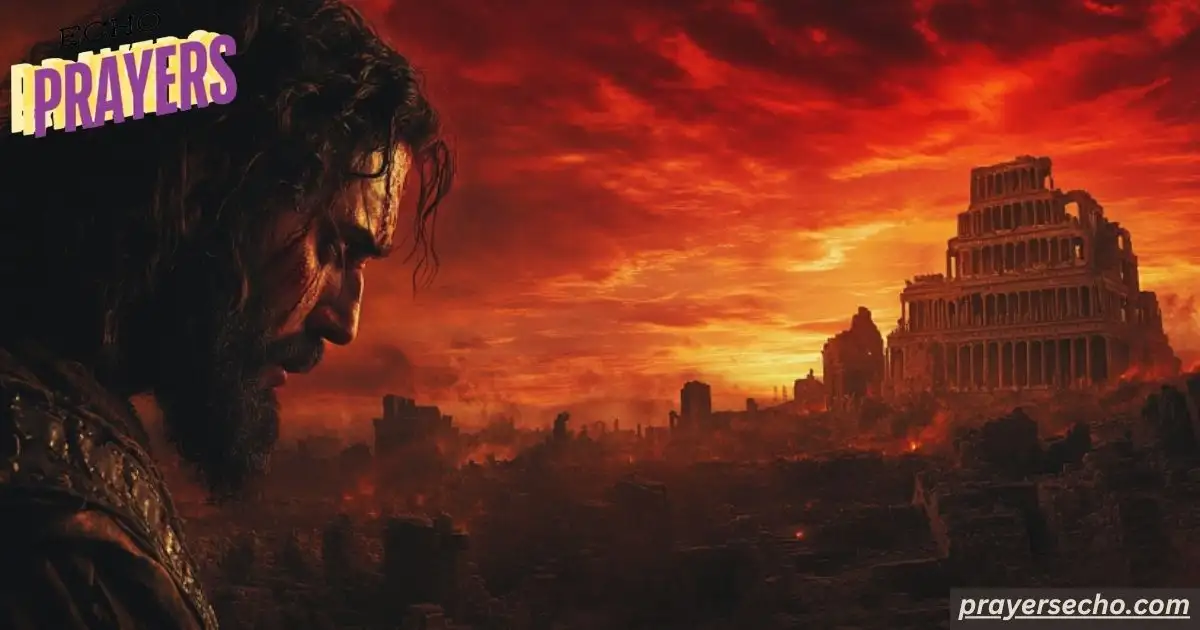
Verse: Psalm 137:8-9
“O daughter of Babylon, doomed to destruction, happy is the one who repays you according to what you have done to us. Happy is the one who seizes your infants and dashes them against the rocks.”
This psalm of vengeance expresses the psalmist’s anger towards Babylon, the empire that had destroyed Jerusalem.
The psalmist wishes for violent revenge, including the killing of infants. This passage is disturbing because of its raw, emotional language and its call for revenge.
It challenges readers to consider the moral implications of vengeance and the nature of divine justice.
7. God’s Wrath on the Nations
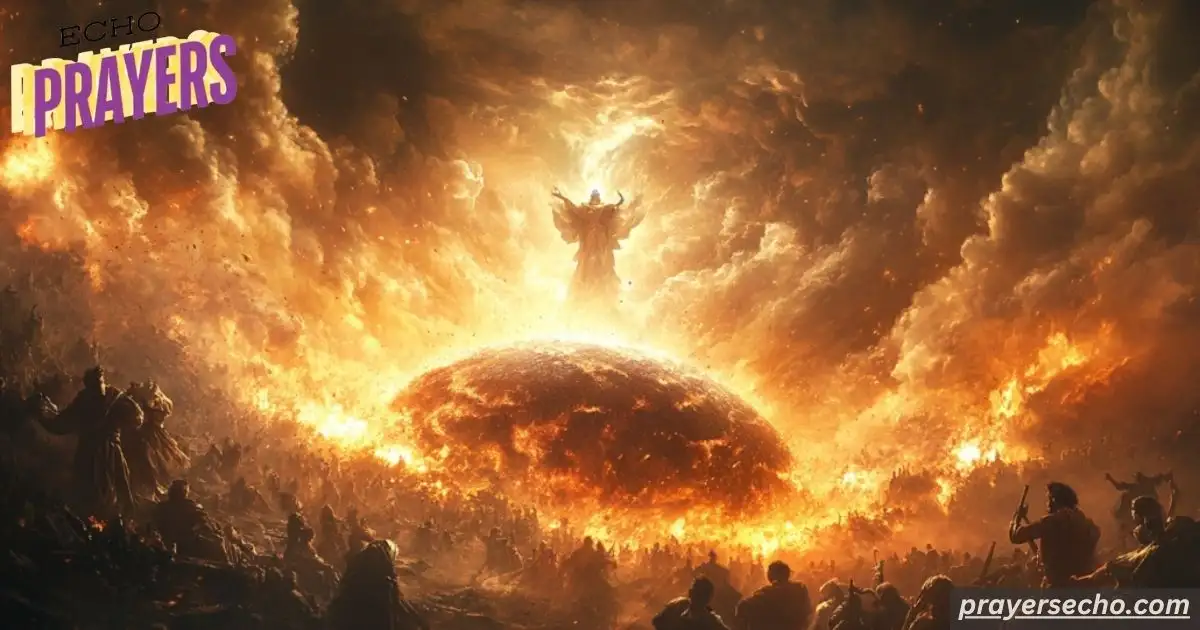
Verse: Zephaniah 1:18
“Neither their silver nor their gold will be able to save them on the day of the Lord’s wrath. In the fire of his jealousy the whole earth will be consumed, for he will make a sudden end of all who live on the earth.”
Zephaniah prophesied the Day of the Lord, a time of divine judgment when God’s wrath will destroy the wicked.
This verse speaks of a global catastrophe where wealth will offer no protection from judgment. The idea of global destruction can be unsettling, especially in a world that often emphasizes individual rights and protection from harm.
8. The Curse on Cursed People
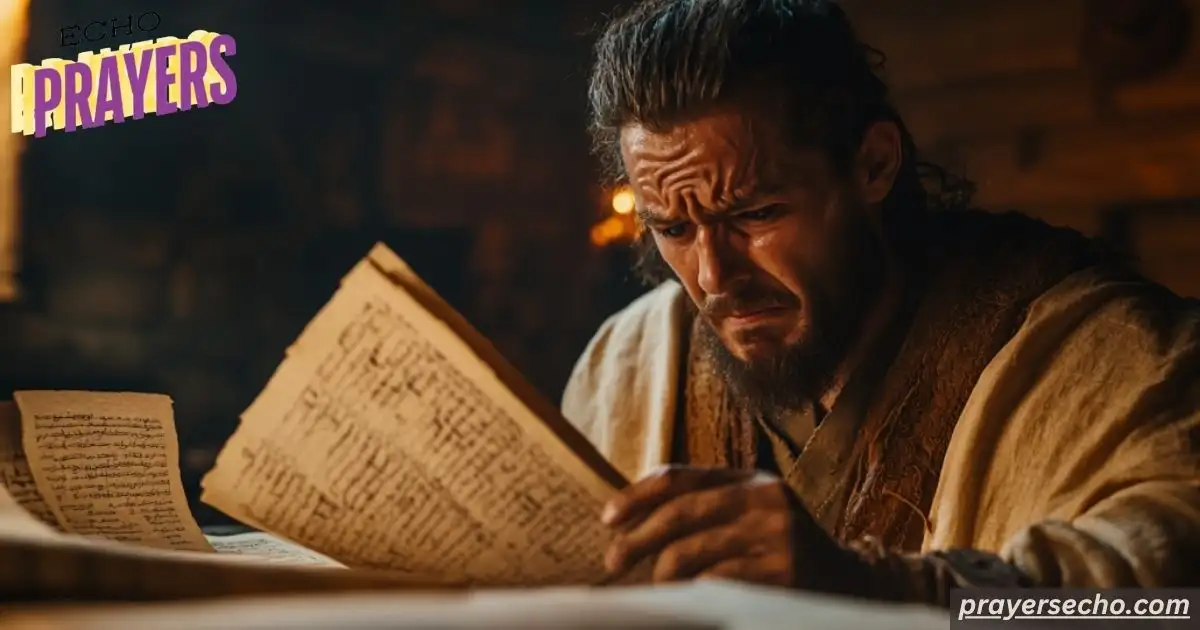
Verse: Galatians 3:10
“For all who rely on the works of the law are under a curse, as it is written: ‘Cursed is everyone who does not continue to do everything written in the Book of the Law.'”
Paul refers to a curse in the Old Testament law, declaring that anyone who fails to obey the law perfectly is cursed. This verse is disturbing because it implies that no one can escape condemnation by their own works, highlighting the hopelessness of relying on the law for salvation. It points to the need for grace and redemption through Jesus Christ.
9. The Sin of Jephthah’s Vow
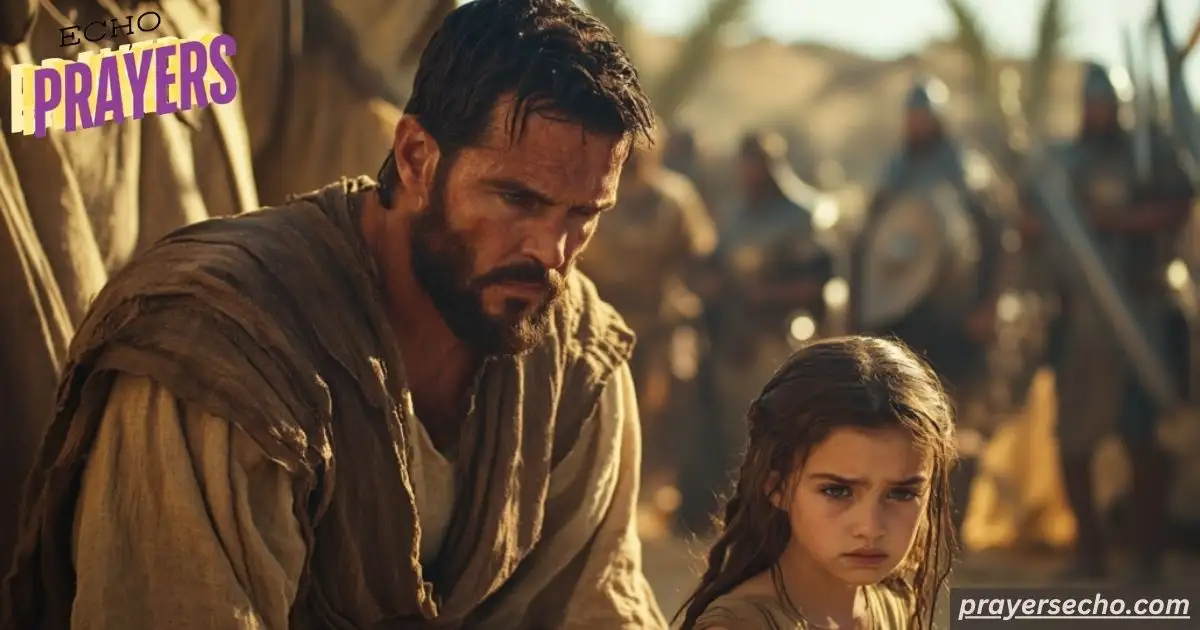
Verse: Judges 11:30-39
“And Jephthah made a vow to the Lord: ‘If you give the Ammonites into my hands, whatever comes out of the door of my house to meet me when I return in triumph from the Ammonites will be the Lord’s, and I will sacrifice it as a burnt offering.’…Jephthah did to her as he had vowed.”
Jephthah’s vow is one of the most controversial stories in the Bible. He promises to sacrifice whatever comes out of his house first if God grants him victory.
Tragically, his daughter is the first to greet him, and he fulfills his vow by sacrificing her. This disturbing vow raises questions about the morality of human sacrifice and the consequences of rash promises.
10. God’s Will for the Destruction of Canaan
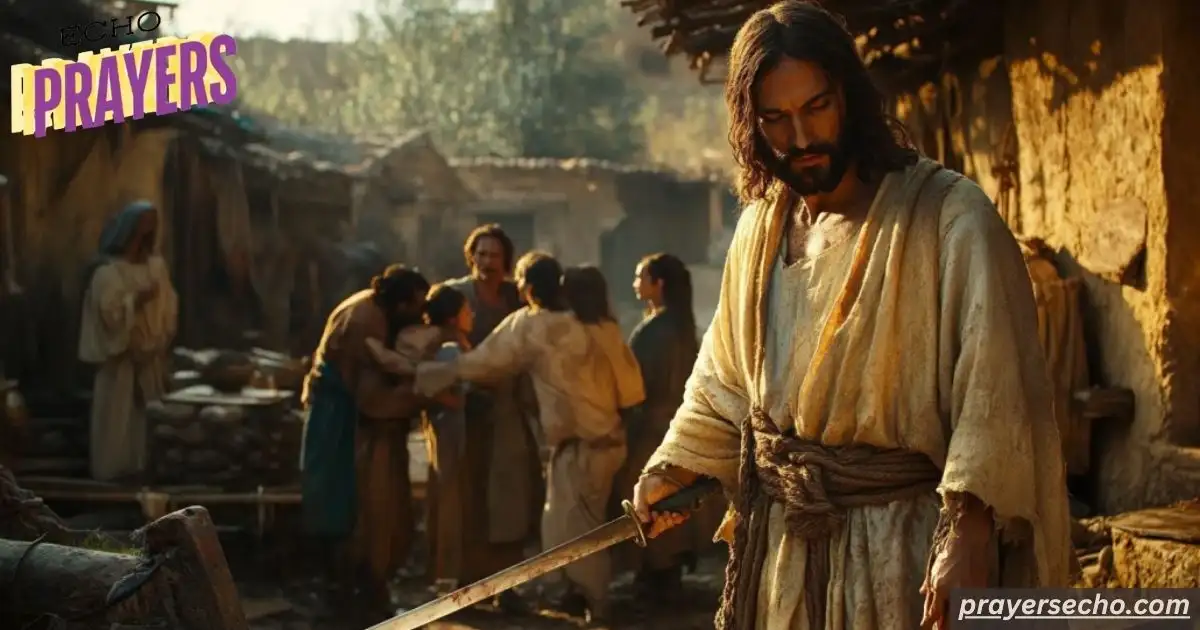
Verse: Deuteronomy 7:2
“When the Lord your God has delivered them over to you and you have defeated them, then you must destroy them totally. Make no treaty with them, and show them no mercy.”
This command is part of the instructions for the Israelites as they prepare to conquer the land of Canaan.
God orders the complete destruction of the Canaanite nations, without mercy. This verse challenges our understanding of grace and mercy, particularly in the context of God’s dealings with people who do not follow Him.
FAQs
1. Why are these Bible verses considered disturbing?
These verses are considered disturbing because they involve extreme violence, divine judgment, and actions that seem harsh or unjust by modern ethical standards.
2. What is the context of these disturbing verses?
Many of these verses are part of historical events in the Bible, such as the conquest of Canaan or God’s judgment on rebellious nations. Understanding the historical and cultural context is crucial to interpreting them.
3. How should Christians interpret these difficult passages?
Christians may interpret these passages as part of a larger narrative about sin, judgment, and God’s justice.
Some see them as reflecting God’s holiness and the seriousness of sin, while others emphasize the redemptive nature of the Bible’s overall message.
4. Do these verses contradict the message of love in the Bible?
Some may perceive a contradiction, but many believe these verses highlight the complexity of God’s nature—both just and merciful. The full story of redemption through Jesus Christ is seen as the ultimate expression of God’s love.
5. How can these verses be applied today?
While these passages may seem extreme, they invite readers to reflect on themes like obedience, justice, and the consequences of sin.
They challenge Christians to live in alignment with God’s will and seek justice and mercy in a broken world.
Conclusion
The disturbing Bible verses We’ve explored in this post challenges us to think deeply about God’s justice, mercy, and the nature of sin.
While these verses may be difficult to reconcile with modern views on morality, they offer important lessons about divine authority, obedience, and the consequences of rebellion.
Understanding these passages in their full context is essential for grasping the complexities of biblical theology.
Ultimately, these challenging verses remind us that the Bible is a text of both judgment and grace, and that God’s plan for humanity includes both divine justice and the opportunity for redemption through Jesus Christ.

Hi! I’m Ethan Matthews, a dedicated contributor at Prayers Echo, offering profound insights into religious reflections, psalms, and daily affirmations of faith.
